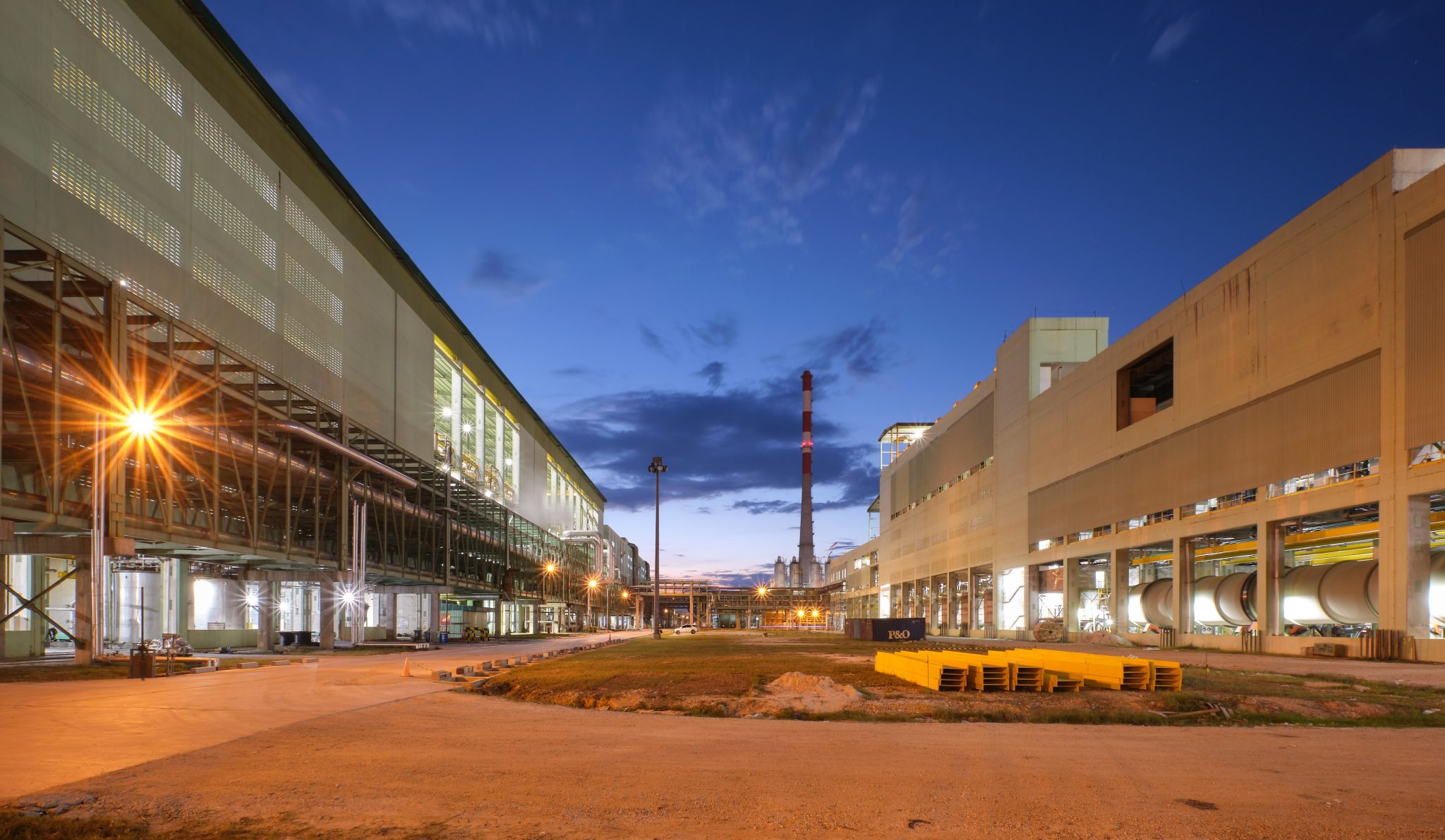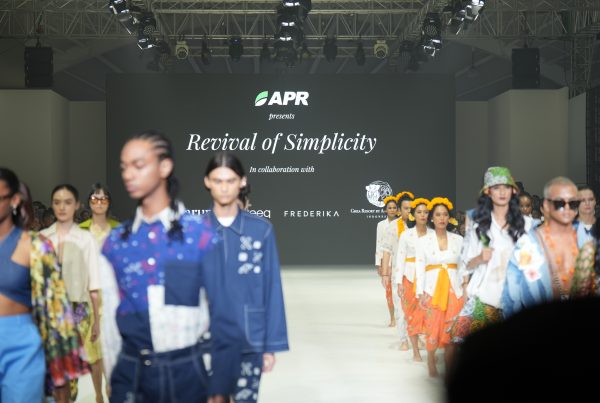Jakarta, Indonesia – 22 November 2021: Asia Pacific Rayon (APR), Indonesia’s largest integrated viscose rayon producer, has launched its ten-year sustainability vision, APR2030. The vision is based on four pillars of commitments, focused around positive impacts on climate and nature, clean manufacturing, circularity, and inclusive communities. These commitments are supported by 19 specific targets to be achieved by 2030.
Key targets include:
• 20% recycled textile content in our viscose staple fibre (VSF) production.
• Net zero emissions from land use through vertical integration with primary supplier APRIL and halve APR’s product carbon intensity per tonne of VSF production.
• In alliance with APRIL, help eradicate extreme poverty within a 50-km radius of our operations.
• Support conservation and wildlife habitat protection in Indonesia.
As a key focus area, APR will also promote inclusive prosperity and gender equality across its value chain, including through livelihood initiatives aimed at women and young people, better access to maternal health, integrated childhood development and nutrition programmes.
Anderson Tanoto, Managing Director, RGE, said: “In recent years, we have seen real progress in mainstreaming sustainability into business strategies. At the recent COP26 meetings in Glasgow, Scotland, it was very apparent that business growth and sustainability need to be on the same side of the equation, and the launch of APR2030 is very much aligned with this”.
“Importantly, we are also seeing that businesses across Asia are making serious commitments to decarbonise their operations and supply chains. A fundamental change is underway with the enhanced ability of businesses like ours to ensure that while we produce, we also protect carbon and biodiversity, and empower communities where we operate,” he said.
Basrie Kamba, Director, Asia Pacific Rayon, said: “As part of APR2030 implementation, we will pioneer textile waste recycling in Indonesia, from establishing the collection, sorting and logistics infrastructure needed to ensuring textile wastes do not end up in landfills”.
“We will also partner with yarn, fabric and garment producers, and fashion retailers to organize the reverse logistics to take back recyclable textile scraps. In line with this, we will continue to invest heavily in clean manufacturing, closed loop technology, and production innovation”.
“Another key aim is to move sustainable fashion beyond niche and make it accessible to designers and consumers everywhere. Indonesia is a reliable source of sustainably produced viscose made of renewable fiber from 100% plantation trees. APR2030 takes that even further by ensuring we support the global industry’s climate and biodiversity goals,” said Mr. Kamba.
APR2030’s targets are grouped into four broad commitment areas and are aligned with the 10 of the UN Sustainable Development Goals most relevant to APR’s business:
Positive Impact for Nature and Biodiversity
APR will reduce its product carbon footprint per tonne of viscose staple fibre by 50% and we will continue to derive 100% of its mill’s energy needs from renewable and clean energy sources.
APR supports its value chain partner APRIL’s 2030 target of achieving net zero emissions from land use and positively contributing to nature and biodiversity through conservation and wildlife habitat protection in Indonesia. APR will focus on the encouragement of a new generation of forest conservation ambassadors, as well as working with forest communities to identify opportunities for sustainable livelihoods.
Clean Manufacturing and Closed Loop Production
APR is committed to championing clean and closed-loop production in the Indonesian textile industry. It is committing to a 50% reduction in water use, 80% reduction in waste-to-landfill per product tonne through investments in closed-loop production and recycling, and a greater than 95% sulphur recovery rate by 2030.
APR will achieve industry-specific operational goals along the way, meeting all requirements stipulated in the current EU BAT Polymer BREF for viscose and the ZDHC MMCF Responsible Fibre Production, Wastewater and Air Emissions guidelines by 2025.
Accelerating Circularity
APR will be a catalyst for accelerating circular production in the Indonesian textile industry. Working towards producing 20% of its viscose using recycled textile, APR will collaborate with industry partners to advance the collection, sorting and recycling of textile wastes.
To accelerate circularity in the Indonesian textile industry, RGE, APR parent company, previously announced it is investing US$200 million through partnerships and technology innovation to mainstream the use of recycled textiles and other next generation fiber sources in MMCF production.
This includes research to understand the economics and logistics of recycled textiles, engagement with the textile design community to inspire creativity, and partnerships with innovators to advance technology solutions at scale.
Inclusive Prosperity
Through a series of transformational initiatives, APR will drive inclusive prosperity and advance gender equality across our value chain. These initiatives will deliver sustained livelihoods and provide communities with improved access to health and education. They include empowering women entrepreneurs through traditional textile craftsmanship with a focus on Batik application on viscose fabric, developing a vibrant textile hub in Riau, providing the region’s women and youth with access to professional development opportunities, and improving health services for expectant mothers and toddlers in seven villages within a 10 km radius of APR’s operations.
About Asia Pacific Rayon:
Asia Pacific Rayon is the first integrated viscose rayon producer in Asia, located in Pangkalan Kerinci, Riau. APR is committed to becoming a leading viscose rayon producer with the principles of sustainability, transparency and operational excellence, and serving the interests of the community, country and climate, while providing value to customers. APR is part of the RGE (Royal Golden Eagle) group of resource-based manufacturing companies. The APR Sustainability Policy, updated in September 2020, includes additional commitments on pulp sourcing and clean manufacturing.
Media contact:
Djarot Handoko
Head of Corporate Communications, Asia Pacific Rayon
Email: Djarot_Handoko@aprayon.com







